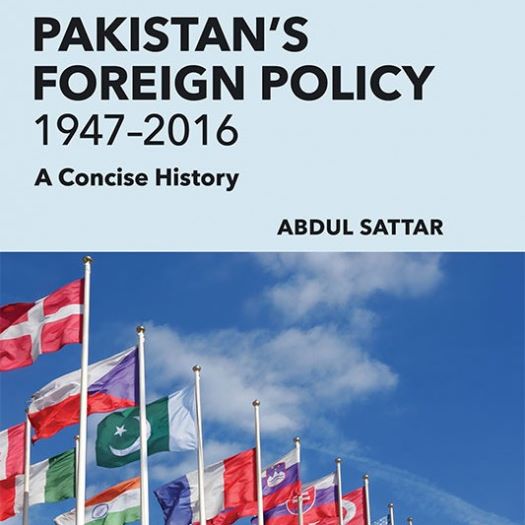Running into 345 pages of text, this volume is by no means a concise history. This revised fourth edition has run into 27 chapters of uneven length, episodic treatment, wavering focus and disjointed narrative. To update the volume, the author has appended a few chapters at the end but this has marred the continuity. Reading through this book, most Indians will marvel at the way Pakistanis are able to produce an alternative narrative of their foreign policy, because so much of it is about India. There are three grand narratives on Pakistan’s foreign policy—the security threat from India, a resolution of the Kashmir problem, and its relationship with the US. The grand narrative about its relationship with China is yet to emerge. Sattar has devoted around twenty pages in the volume to the vaunted relationship with China. The author goes back to historical records to construct a grand strategy of Indian domination in the region.
There is a kind of implicit argument about Indian animosity towards Pakistan by referring to the debates around Partition. The author refers to some of the statements by the leaders in Congress to whom Partition was not acceptable. Like, Sardar Patel was convinced that the new state of Pakistan was not viable and could not last and eventually the two parts of India would reunite. Some of the leaders projected the economic collapse of Pakistan. So the foundations for the bad relations were sowed in India’s objective ‘to cripple and thwart the establishment of Pakistan as a viable independent state.’

